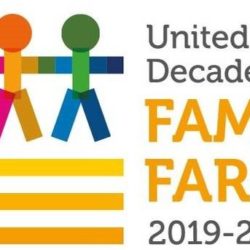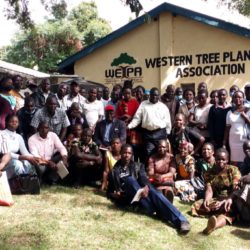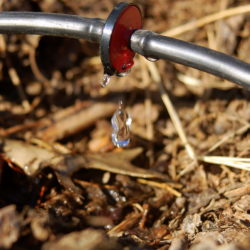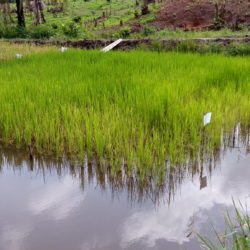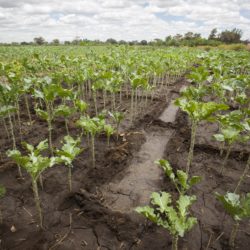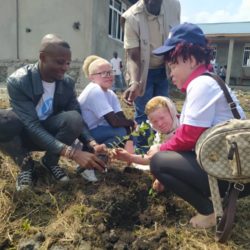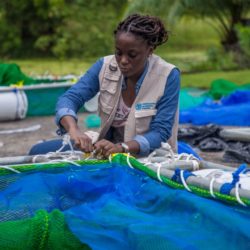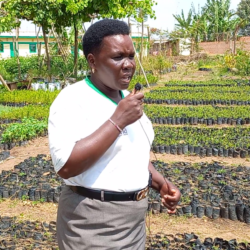First Global Forum of the UN Decade of Family Farming 2019-2028
After three years of implementation, the UN Decade of Family Farming 2019-2028 (UNDFF) will host its first Global Forum on 19-22 September 2022. Since its launch in 2019, the Decade has been promoting integrated actions supported by cross-sectoral policies that address sustainable development’s environmental, economic and social dimensions. This approach resulted in the approval of 3 Regional and 10 National Action Plans for family farming. At the same time, 186 relevant policies, laws and regulations

